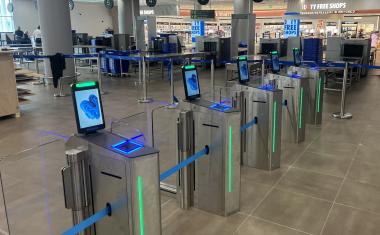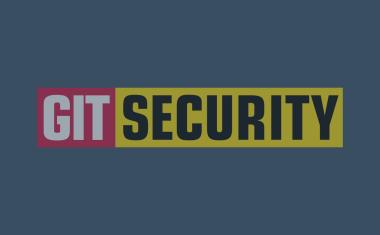Mobile Identity Unlocks Digital Service Delivery for Governments Globally
National eID ePassport Conference, Budapest, 13 October 2014: With digital identity proving a powerful catalyst for eGovernment service delivery around the world, a new report pub...
National eID & ePassport Conference, Budapest, 13 October 2014: With digital identity proving a powerful catalyst for eGovernment service delivery around the world, a new report published today by the GSMA and the Secure Identity Alliance (SIA) investigates the central role of the mobile device in providing trusted, secure access to a growing range of public services.
Jointly authored by the GSMA and the Secure Identity Alliance, the report, 'Mobile Identity - Unlocking the Potential of the Digital Economy', presents best practice from mobile identity implementations currently in operation around the globe. The report is intended to provide an expert resource for public service policy makers tasked with developing digital strategies to enhance social welfare, establish fairer government and accelerate economic growth. It provides detailed insights on the benefits that the mobile industry can bring for government and citizens alike through the creation of a trusted framework that delivers privacy by design, alongside security and convenience for users.
Commenting on the report, Frédéric Trojani, Chairman of the Board of the Secure Identity Alliance, said: "Governments around the world are already using mobile technology as a key enabler to deliver interoperable digital identity services that make it possible for citizens, governments, consumers and businesses to interact in a private, trusted and secure environment."
Marie Austenaa, Head of Personal Data, GSMA said: "Mobile digital identity reduces the risk of identity theft, and simplifies the login experience for citizens to a range of services such as healthcare, government and banking while respecting their privacy. With a mobile identity framework in play, governments are able to give citizens direct access to services via a mobile device and can move government services into the electronic realm. It also opens the way to for the mass adoption of a whole range of digital services, including banking, personal health and education services."
As citizens in the developed world engage with an ever-growing number of government and private sector organizations online, the multiplication of identities and the weak security offered by conventional password and user name approaches has opened the door to growing levels of identity theft and fraud. In the developing world, meanwhile, governments are looking to highly effective 'mobile identity'-based strategies to protect the vulnerable while simultaneously enabling secure universal access to a range of government gateway services that maximize participation and opportunity for all.
Case reviews within the report illustrate how governments around the world are leveraging mobile identity initiatives to assure secure and convenient identity authentication for citizens - tackling identity theft and fraud, stimulating economies locally and more broadly, and paving the way to faster and more convenient cross-border participation in the global economy for businesses.
Frédéric Trojani concluded, "As digital identities proliferate, it's time for a new approach and this joint report highlights how governments can enhance security provision and accelerate eService adoption to the benefit of all," he continued. "With a trusted digital framework in place, governments in both the developed and developing worlds are able to usher in a new era of secure and convenient transactional possibilities for all - even hard-to-reach members of society."















